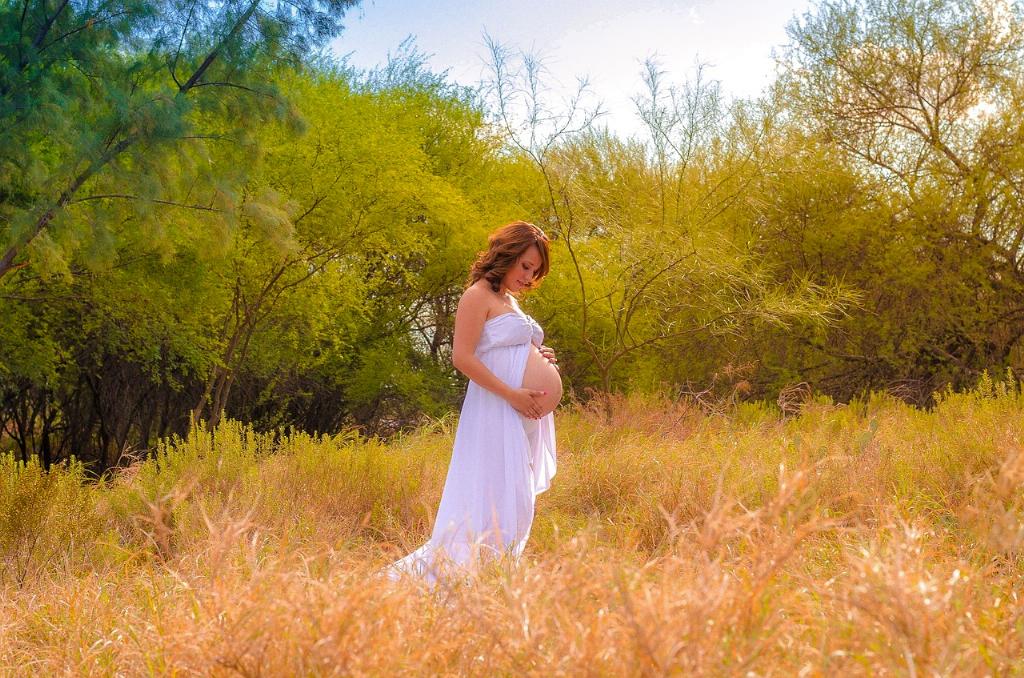When it comes to pregnancy cravings, the urge to consume ice cubes might seem harmless at first glance. However, it is essential to delve deeper into the potential effects of this habit on both the mother and the developing baby. One prevalent concern is whether eating ice cubes can have any adverse repercussions during pregnancy.
Pagophagia and Its Significance
Craving and consuming non-nutritive substances, a condition known as pica, can manifest in various forms during pregnancy. One specific type of pica involves the intense desire to eat ice, known as pagophagia. While cravings for ice cubes are common, they can sometimes indicate an underlying health issue, such as iron deficiency anemia.
The Link Between Ice Cravings and Anemia
Anemia occurs when the body lacks a sufficient amount of healthy red blood cells, leading to reduced oxygen flow to tissues and organs. Iron deficiency is a common cause of anemia, and pagophagia, specifically craving and consuming ice, has been associated with this nutrient deficiency.
Consulting a Healthcare Provider
If a pregnant woman experiences intense cravings for ice cubes or other non-food items, it is crucial to consult with a healthcare provider promptly. These cravings may signal an underlying issue that requires medical attention, such as anemia or another nutrient deficiency.
Importance of Blood Tests
Healthcare providers may recommend specific blood tests to assess the individual’s nutrient levels and overall health. In the case of pagophagia, a comprehensive blood test can help identify any underlying deficiencies, such as low iron levels, that may be contributing to the ice cravings.
Treating Anemia and Nutrient Deficiencies
If a pregnant woman is diagnosed with anemia or other nutrient deficiencies, treatment may involve iron supplements or other interventions to restore the body’s nutrient levels. It is essential to follow the healthcare provider’s recommendations closely to ensure the health and well-being of both the mother and the baby.
Iron Supplements and Pregnancy
Iron supplements are commonly prescribed to address iron deficiency anemia in pregnant women. These supplements can help boost iron levels in the body, supporting healthy red blood cell production and overall well-being. However, it is essential to consult with a healthcare provider before starting any supplement regimen.
Discussing Dietary Choices
In addition to addressing specific nutrient deficiencies, healthcare providers may offer guidance on making healthy dietary choices during pregnancy. A balanced diet rich in essential nutrients, including iron, can support the mother’s health and the baby’s development throughout pregnancy.
Monitoring Health During Pregnancy
Regular prenatal check-ups and monitoring are crucial for ensuring the health and well-being of both the mother and the developing baby. By staying in touch with healthcare providers and addressing any concerning symptoms or cravings, pregnant women can take proactive steps to promote a healthy pregnancy.
Seeking Professional Guidance
When it comes to managing cravings for ice cubes or other non-food items during pregnancy, seeking professional guidance is paramount. Healthcare providers can offer insight into the potential underlying causes of these cravings and recommend appropriate interventions to address any nutrient deficiencies.
Final Thoughts on Ice Cravings and Pregnancy
While cravings for ice cubes may seem harmless, they can sometimes signal underlying health issues that require attention. By consulting with healthcare providers, undergoing necessary tests, and following recommended treatment plans, pregnant women can ensure a healthy pregnancy for themselves and their babies.

